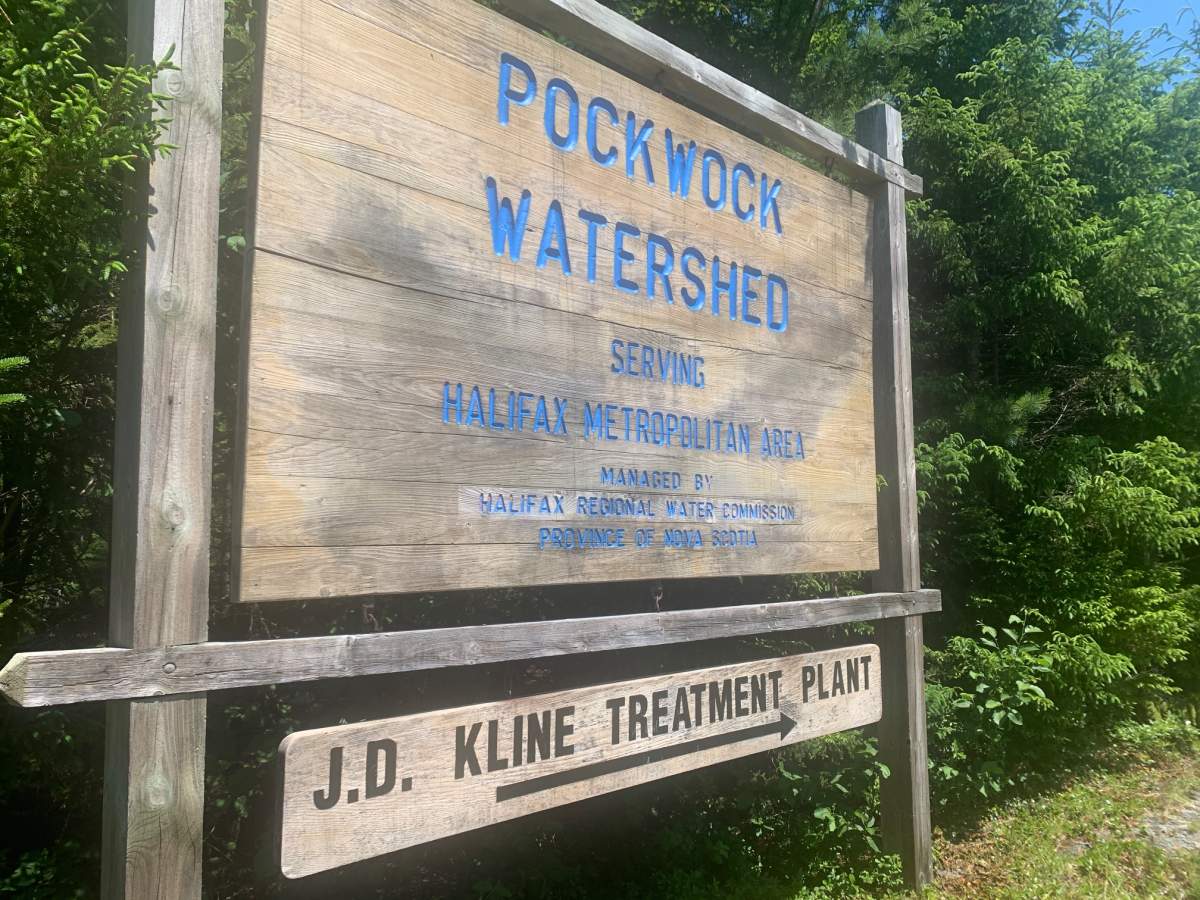People living in the Halifax region are being asked to boil water for one minute before consumption on Tuesday morning, as a boil water advisory went into effect throughout parts of the municipality on Monday evening.

In a release from Halifax Water, the utility said there is a possibility of unsafe drinking water in Halifax and surrounding communities — such as Beaver Bank, Middle and Lower Sackville, Hammonds Plains, Bedford, Timberlea, Spryfield and Herring Cove.
The statement said residents should boil water at least one minute before using it for drinking, cooking, brushing teeth, preparing infant formula, and any other activity requiring human consumption.
“This boil water order results from an electrical issue at the JD Kline (Pockwock) Lake Water Treatment Facility. This interruption has allowed a limited amount of unchlorinated water to enter the system,” Halifax Water said in a release.
“Staff are tracking this issue and are working on options to flush this untreated drinking water out of the system.”
Jeff Myrick, of Halifax Water, said in an interview with Global News Morning that the unchlorinated water is continuing to work its way through the system as of Tuesday.

Get weekly health news
He said he expects the boil water advisory to last for another 24 to 48 hours.
“We will have to work with the province to ensure the levels have been achieved to consider it safe,” Myrick said.
“The advisory won’t be lifted until that has been achieved and the province has given the go ahead.”
Myrick said water quality experts are saying that boiling water for at least one minute is the only effective method to ensure that it is safe for consumption — noting utilities like Brita filters wouldn’t be sufficient enough to resolve the issue.
“Those types of equipment wouldn’t be enough to take the extra bugs and germs out that the chlorine would,” he said, adding that the same rules apply to animals.
Referencing the electrical issue that resulted in the ongoing problem, Myrick said the utility normally has a backup generator that would address any disruptions of this nature. He said it wasn’t effective this time around.
“Unfortunately, yesterday that did not happen and we’re trying to understand why and how that happened. That’ll be part of the investigation going forward,” he said.
Myrick said if someone was to consume the unchlorinated water travelling through the city’s water system, it would likely result in some nausea.
“We will do as much as possible to get the information out and encourage others to spread the word,” he said.
Nova Scotia’s Emergency Alert system was activated around 8:49 p.m., notifying people in the area about the boil water advisory. Halifax Water first shared information about the contaminated water in a post on X, formerly known as Twitter, about three hours earlier.
Halifax Water says it continues to monitor the water quality and is closely consulting with Nova Scotia Environment and the Medical Officer of Health.
Hospitals — including both QEII Health Sciences Centre campuses, and the Cobequid Community Health Centre in Lower Sackville — are using waterless bath products to clean patients and urging anyone with open skin wounds to avoid showers. Nova Scotia Health spokesperson Brendan Elliott said “a couple of dozen” endoscopy procedures were also cancelled.
The boil-water advisory meant that some daycares, restaurants and coffee shops in the municipality are closed as well.
The utility says staff are working on options to flush the untreated drinking water out of the system as it continues to monitor the water quality and investigate the cause of the electrical issue.
The “precautionary” advisory is meant to prevent adverse health effects from drinking unchlorinated water, Nova Scotia regional medical officer of health Dr. Monika Dutt said, adding that people who are immunocompromised or infants using formula are most at risk.
Neither the Environment Department nor the city’s utility have found traces of viruses or bacteria in the water, Dr. Dutt said in an interview. “No actual tests have shown that currently there is a risk to the public; however, as a precaution, they put (the advisory) in place.”
— with files from the Canadian Press









Comments
Want to discuss? Please read our Commenting Policy first.